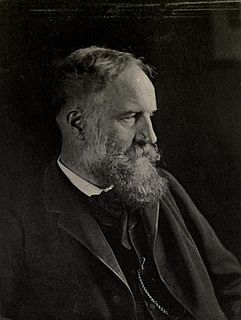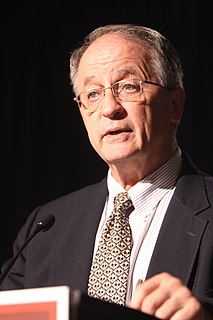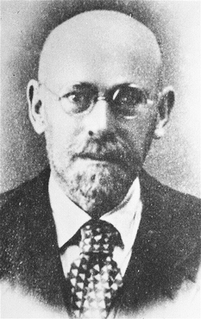A Quote by Philip Gilbert Hamerton
As there is no pleasure in military life for a soldier who fears death, so there is no independence in civil existence for the man who has an overpowering dread of solitude.
Related Quotes
For me, and for thousands with similar inclinations, the most important passion of life is the overpowering desire to escape periodically from the clutches of a mechanistic civilization. To us the enjoyment of solitude, complete independence, and the beauty of undefiled panoramas is absolutely essential to happiness.
Everybody is afraid of death for the simple reason that we have not tasted of life yet. The man who knows what life is, is never afraid of death; he welcomes death. Whenever death comes he hugs death, he embraces death, he welcomes death, he receives death as a guest. To the man who has not known what life is, death is an enemy; and to the man who knows what life is, death is the ultimate crescendo of life.
We are left with nothing but death, the irreducible fact of our own mortality. Death after a long illness we can accept with resignation. Even accidental death we can ascribe to fate. But for a man to die of no apparent cause, for a man to die simply because he is a man, brings us so close to the invisible boundary between life and death that we no longer know which side we are on. Life becomes death, and it is as if this death has owned this life all along. Death without warning. Which is to say: life stops. And it can stop at any moment.
The greatest dread of ordinary man is death, with its rude imposition interrupting fortuitous plans and fondest attachments with an unknown and unwelcome change. The yogi is a conqueror of the grief associated with death. By control of mind and life force and the development of wisdom, he makes friends with the change of consciousness called death-he becomes familiar with the state of inner calmness and aloofness from identification with the mortal body.
The love of solitude, when cultivated in the morn of life, elevates the mind to a noble independence, but to acquire the advantages which solitude is capable of affording, the mind must not be impelled to it by melancholy and discontent, but by a real distaste to the idle pleasures of the world, a rational contempt for the deceitful joys of life, and just apprehensions of being corrupted and seduced by its insinuating and destructive gayeties.
Man feels and ponders death as though it were the end, when in fact death is merely the continuation of life. It is another life. You may not believe in the existence of the soul, yet you must acknowledge that your body will live on as green grass, as a cloud. For you are, after all, water and dust.
The existence of pleasure is the first mystery. The existence of pain has prompted far more philosophical speculation. Pleasure and pain need to be considered together; they are inseparable. Yet the space filled by each is perhaps different. Pleasure, defined as a sense of gratification, is essential for nature








































